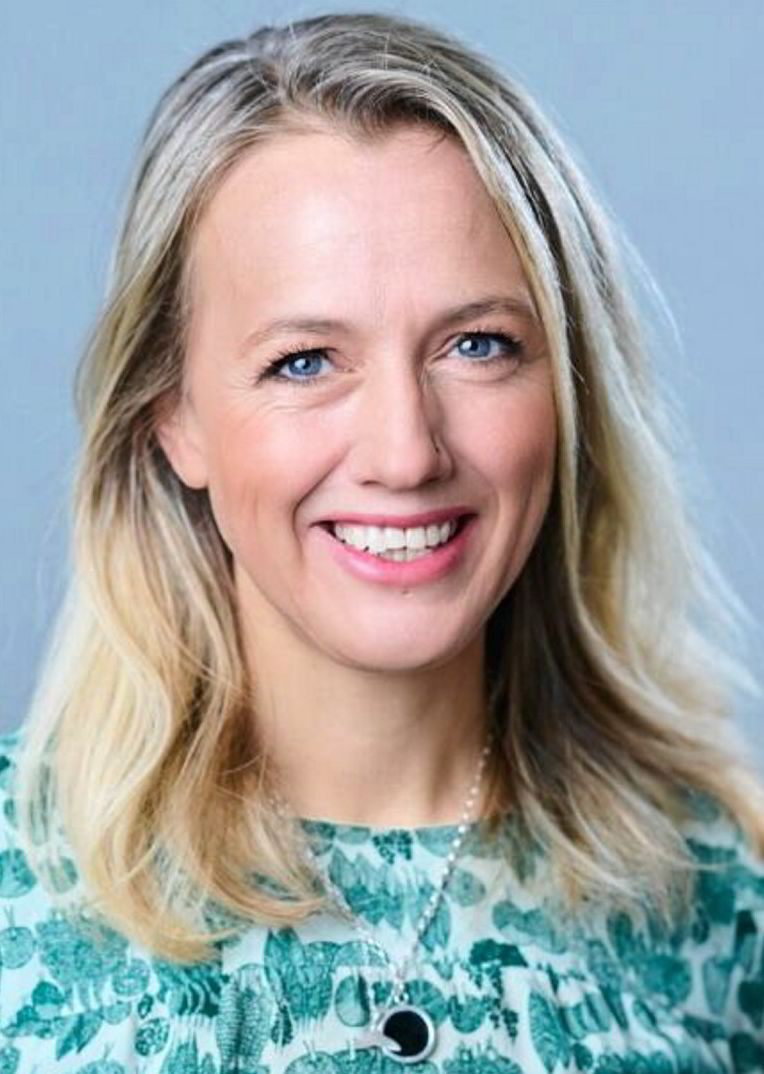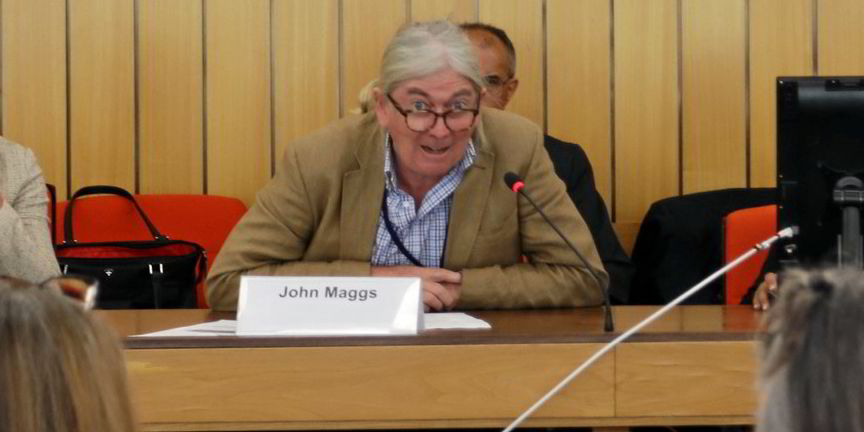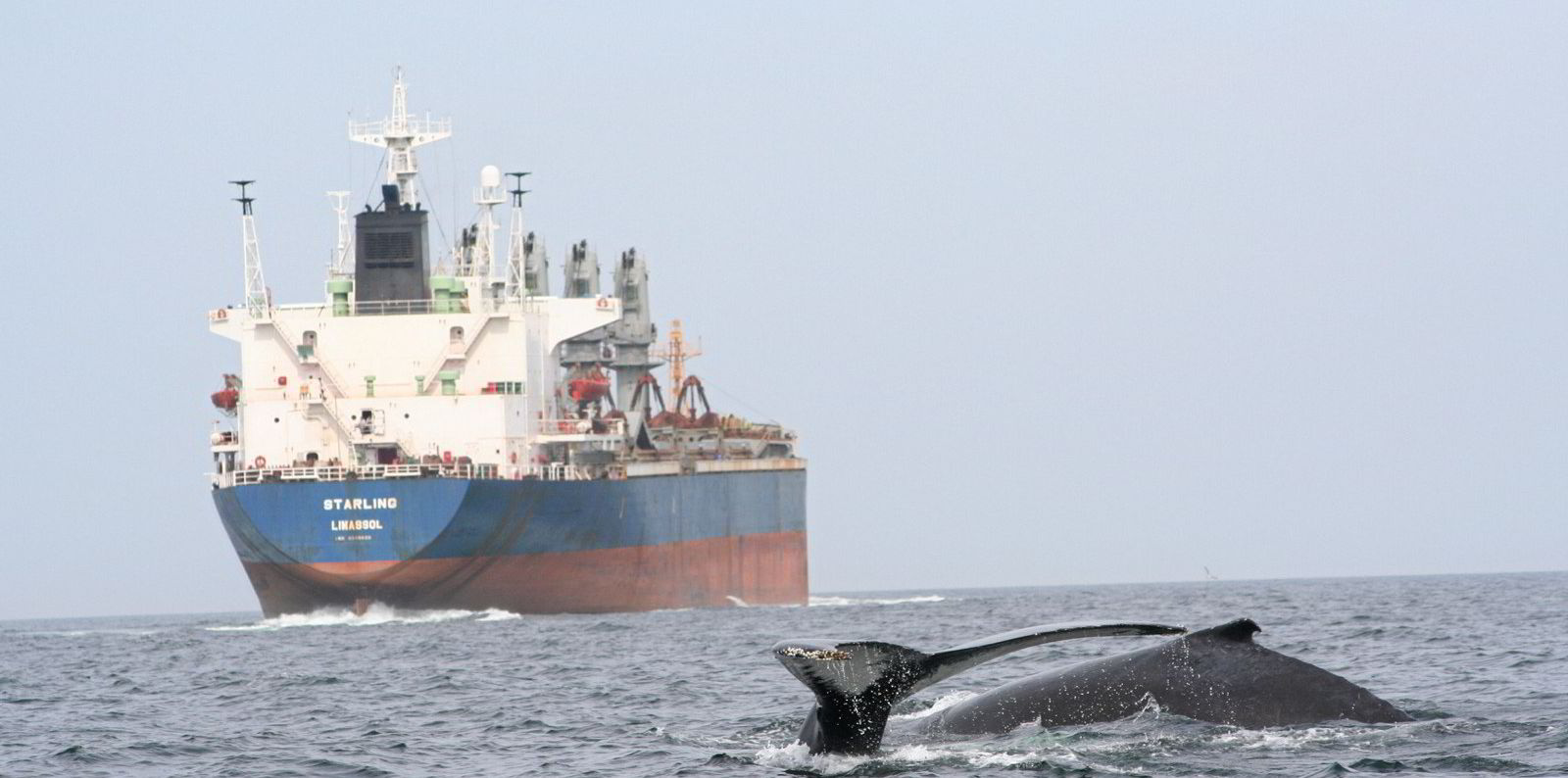John Maggs was only a child when he saw first-hand how shipping can affect the environment.
In March 1967, the BP-chartered tanker Torrey Canyon grounded on a reef off the coast of Cornwall, southwest England, just miles from his home, spilling oil into the Atlantic.
He recalls playing on beaches affected by the incident, which meant his feet had to be inspected for tar before he headed home.

Maybe that, Maggs says decades later, helped lead him to a career of environmental advocacy focused on shipping.
As president of the Clean Shipping Coalition, he is a prominent voice for environmental groups at the International Maritime Organization, where he is an advocate for ambitious action by a United Nations regulator that is known for moving slowly and cautiously.
Although the coalition has had observer status at the IMO since 2010, Maggs first found himself at its Marine Environment Protection Committee (MEPC) two decades earlier, as he studied the law of the sea at the London School of Economics.
“Shortly after that, I got to work in the environmental movement, and since then I think I’ve missed one or perhaps two MEPCs,” says Maggs, who is still based in Cornwall and is shipping director at Brussels environmental group Seas at Risk.
Before the groups that made up the Clean Shipping Coalition earned their own voice at the IMO, he was involved in the IMO by joining the delegations of other groups with observer status, such as Friends of the Earth.

The coalition has been active in debates over shipping’s sulphur emissions and more recently its greenhouse gas footprint. Maggs is joined in the coalition by Seas at Risk colleague Lucy Gilliam, Carbon Market Watch’s Daniele Rao, Ocean Conservancy’s Delaine McCullough and Sigurd Enge of Bellona, among others.
If Maggs had to choose one achievement he’s proud of, it is the Clean Shipping Coalition’s advocacy in the IMO’s latest big decision: the revision of its greenhouse gas strategy.
In July, the IMO adopted a new target calling for net zero greenhouse gas emissions by 2050, in addition to indicative checkpoints aiming for 20% to 30% cuts in 2030 and 70% to 80% reductions in the following decade.
When the MEPC agreed on the targets, Maggs was among environmentalists who were critical of the decision for failing to follow a track that is aligned with the Paris Agreement on climate change.
Some national delegations were seeking cuts of 37% in 2030 and 96% in 2040, in line with the Science Based Targets initiative, but the Clean Shipping Coalition wanted even deeper reductions.
“There is no excuse for this wish and a prayer agreement,” Maggs said shortly after the decision. “The level of ambition agreed is far short of what is needed to be sure of keeping global heating below 1.5C and the language seemingly contrived to be vague and non-committal.”
But looking back, he now believes the IMO went farther than he could have expected after 30 years of watching and taking part in MEPC meetings.
“What happened earlier in the year is hugely important and really quite out of character for the IMO,” he tells TW+.
The coalition is also proud of its role in pushing forward the global cap on sulphur emissions known as IMO 2020. It was involved in the IMO steering committee that carried out a study into the potential availability of low-sulphur fuels.
“There was massive pushback from industry, and they commissioned their own study to debunk it,” Maggs says. “And we fought that really quite hard, and I think we won with good science and a good study.”
The IMO 2020 cap became law, and low-sulphur shipping fuel has been widely available.
The next battle ahead for the coalition is the debates over policy measures that will push shipping towards the global carbon targets set in the summer. Maggs says it will be important for the key measures to be considered together, rather than in isolation.

Among the policies under discussion are a revision of the Carbon Intensity Indicator (CII) that grades ships based on their operational emissions; a levy or other mechanism to put a price on carbon; and a fuel standard that would place a gradually decreasing limit on the greenhouse gas intensity of fuels.
“The IMO has got its silos, and actually, that’s not a very helpful start,” Maggs says.
“Because the way you design a fuel standard would depend a little bit on the design of your CII, and vice versa, so they’re connected together. So, one of the first things I think we have to do is make sure these things are coherent and intelligent and work together.”
Read more
- Shipping looks for double win with emissions and noise cuts at IMO talks
- Scandinavian shipping groups cheer IMO’s net zero ‘at or around’ 2050 agreement
- IMO lines up carbon pricing mechanism commitment by 2025
- IMO forges ‘wish and a prayer’ carbon deal as greens bemoan checkpoint targets
- ‘Precious years will be wasted’: Concerns mount after IMO draft undershoots Paris Agreement goals





